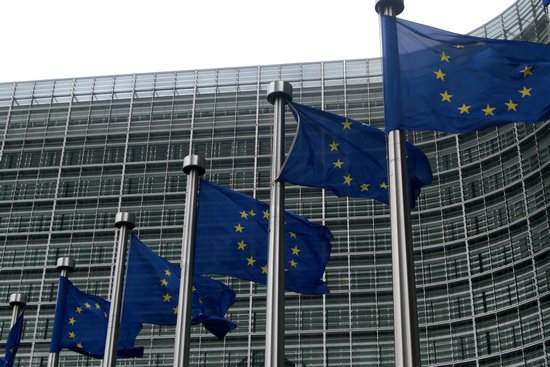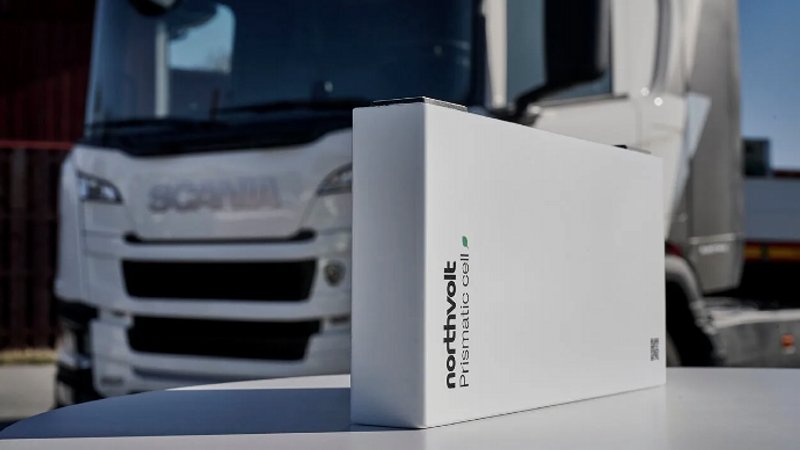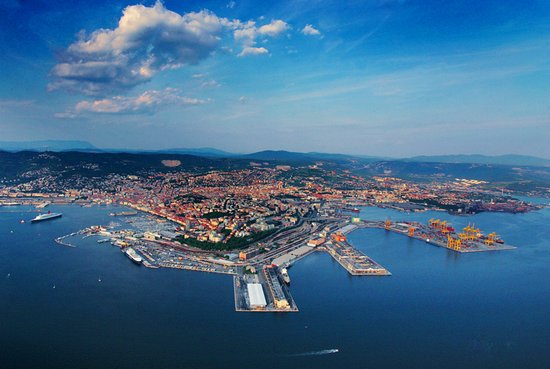As time goes by, the sale of Hutchison Ports terminals by CK Hutchison Holdings to the consortium formed by BlackRock and MSC is encountering growing obstacles. According to the preliminary agreement, the parties were set to sign the $22.8 billion deal on 2 April 2025, but the seller has now postponed this date indefinitely. While the official reason is the need to finalise certain details of the agreement, many analysts point to the Chinese government’s opposition to the transaction. CK Hutchison Holdings is based in Hong Kong and was founded by Chinese billionaire Li Ka-shing. This theory is further supported by the announcement from the State Administration for Market Regulation – China’s antitrust authority – that it has launched a formal investigation into the deal.
According to a spokesperson for the authority, the operation will be reviewed to identify any potential breaches of competition law, with the aim of safeguarding market balance and public interest. The Chinese regulator stated that it had consulted industry experts who advised imposing conditions on the sale to prevent negative repercussions on the competitiveness of Chinese companies involved in logistics and maritime trade. The SAMR is particularly focused on the potential restrictive effects on the domestic shipping market and the global freight transport sector.
Although the deal was negotiated abroad and involves assets located outside China, the antitrust authority is intervening under Chinese anti-monopoly law, which allows regulators to scrutinise foreign transactions that could impact the domestic market. This decision follows critical articles in Chinese media opposing the sale and comments by foreign ministry spokesperson Guo Jiakun, who denounced what he described as “acts of hegemonic bullying” and economic pressure aimed at undermining China’s legitimate rights. Moreover, according to Bloomberg, several Chinese state-owned companies have reportedly been instructed to temporarily suspend collaborations with businesses linked to the Li family.
Legal analysts suggest the Chinese antitrust authority may conclude the investigation by imposing corrective measures or, in the case of significant concerns, blocking the sale altogether. If the process continues to drag on, the possibility of a new buyer stepping in cannot be ruled out.






































































